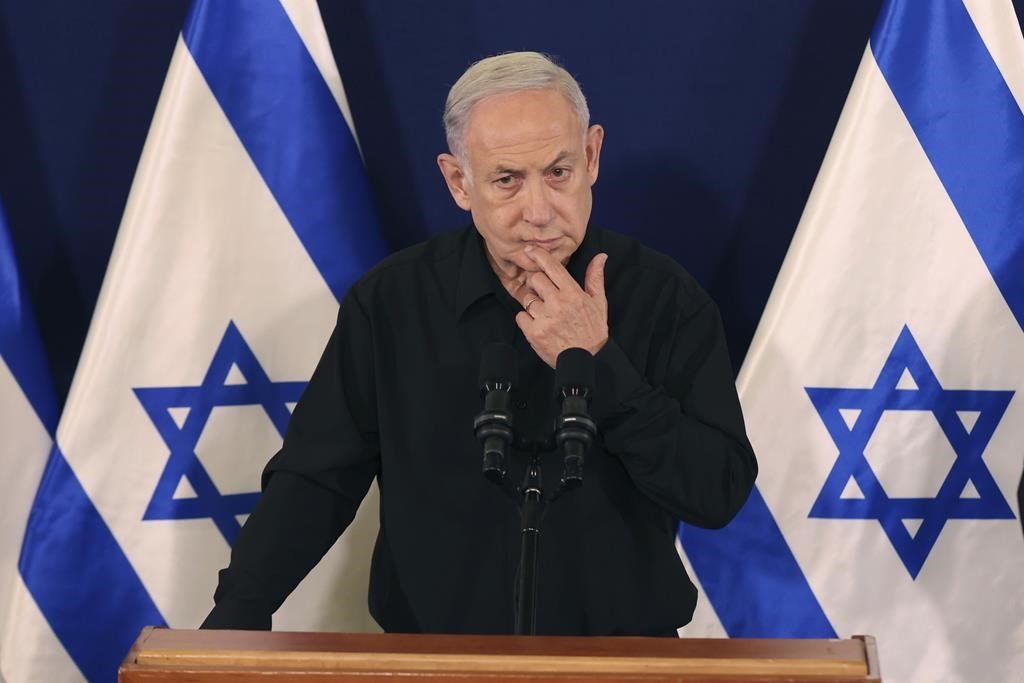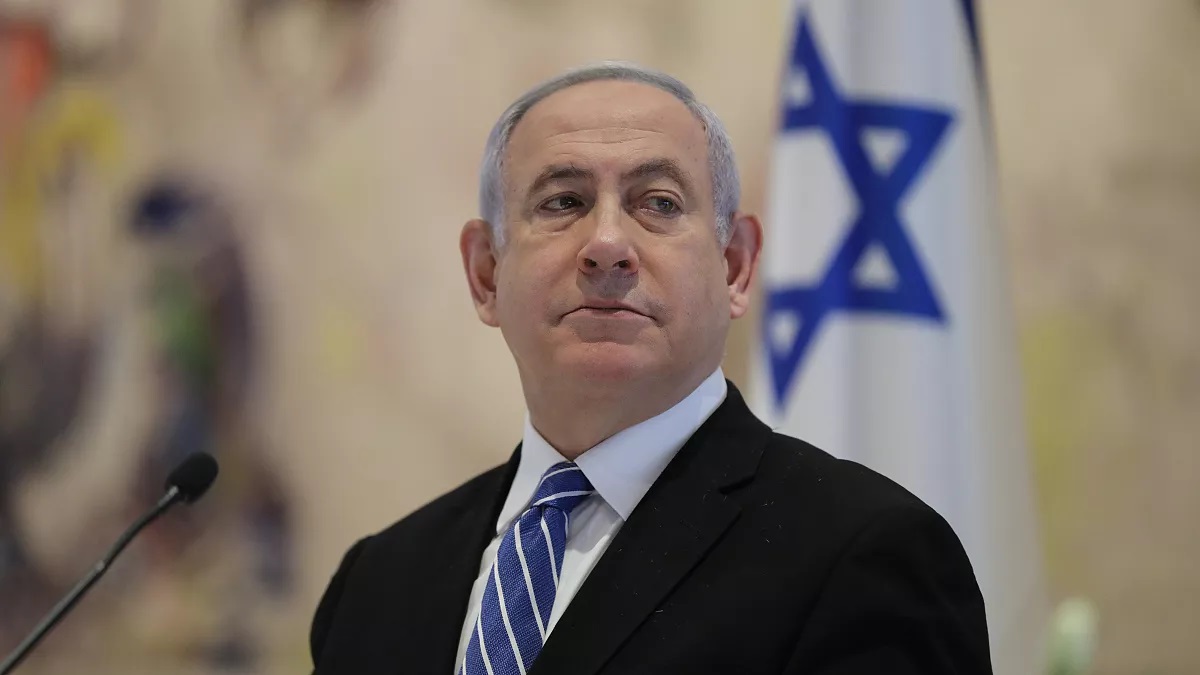Watan–Israel is witnessing a state of tension and political unrest due to a potential prisoner exchange deal with Hamas, aimed at achieving a ceasefire in the Gaza Strip. Israeli Prime Minister Benjamin Netanyahu finds himself in a precarious position as he tries to strike a balance between public demands for the return of prisoners and pressures from his government allies, who oppose any concessions to the Palestinian resistance.
According to the Maariv newspaper, Netanyahu is working to ensure that the deal will not lead to the disintegration of his right-wing government, which is already facing significant challenges amid ongoing military operations in Gaza. Observers believe that this deal could be a political lifeline for him, but at the same time, it might result in the collapse of his government if it does not receive full support from his coalition partners.
On the other hand, the deal has sparked anger among Israel’s far-right factions. Settlement Affairs Minister Orit Strock described the deal as “a clear victory for terrorism,” warning that the release of Palestinian prisoners would lead to more attacks on Israel and strengthen Hamas rather than weaken it. She also argued that the sacrifices made by the Israeli army in the war on Gaza might be in vain if the agreement is carried out.

Strock’s statements provoked a wave of outrage within Israel, as families of Israeli soldiers held captive in Gaza attacked her remarks, accusing her of being indifferent to the fate of their children. The father of one of the captives described her statements as “shameful,” saying she speaks as if she represents former U.S. President Donald Trump rather than Israel’s interests.
The controversy over the deal is not confined to political circles but extends to the Israeli public, with protests escalating to demand the swift completion of the deal amid reports of the deteriorating conditions of Israeli captives in Gaza.
As Netanyahu races against time to reach an agreement that would save face, any political misstep could lead to the collapse of his government and open the door to new elections, potentially reshaping Israel’s political landscape entirely.
